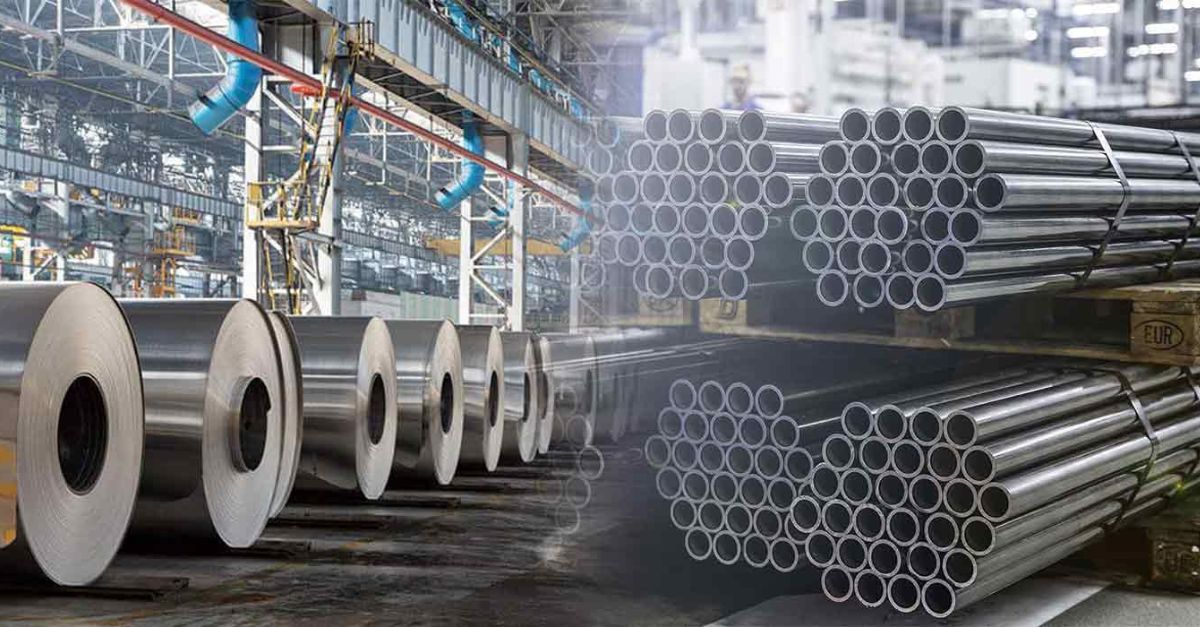India–US Trade Tensions Rise Over Steel and Auto Tariffs NMDC Limited reports a 38% drop in Q4 FY24 consolidated net profit RINL to Raise $23 Million Through Land Sales Amid Crisis

As former U.S. President Donald Trump reinstates tariffs on steel and aluminium imports, concerns are growing over the potential dumping of excess metal into India. Naveen Mathur, Director of Commodities at Anand Rathi, shared his insights on the issue, highlighting the possibility of surplus steel and aluminium from countries like China and South Korea being redirected to India.
“The U.S. tariffs limit export opportunities for major producers, prompting them to seek alternative markets. India, with its growing demand and relatively open trade policies, could become a prime target,” Mathur explained. He noted that increased imports could exert downward pressure on domestic prices, impacting Indian steel and aluminium manufacturers.
To counter this, Mathur suggested that the Indian government might need to consider protective measures, such as anti-dumping duties, to safeguard local industries. He also emphasized the importance of monitoring global trade dynamics to stay ahead of potential market disruptions.
Industry experts agree that India’s strategic positioning in the global metal market could expose it to risks of dumping but also present opportunities for sourcing cheaper raw materials. “It’s crucial to strike a balance between protecting domestic industries and leveraging global supply chains,” Mathur concluded.
As global markets react to Trump’s tariffs, India remains vigilant, assessing its trade policies to navigate the evolving landscape.
Also Read : Railways plans to take over debt-ridden RINL’s forged wheel plant Emsteel Launches First Green Finance Framework Program